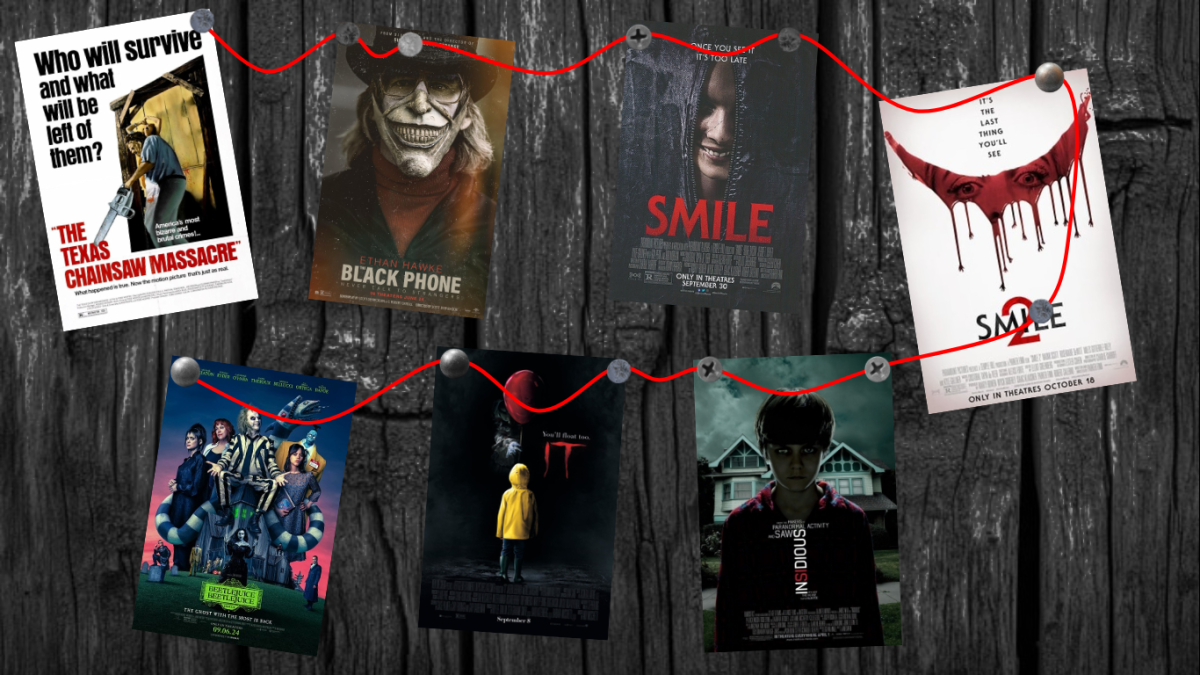“Girl Meets World’s” Maya Hart is all grown up. And it’s safe to say that the world has definitely met Hart’s character, Sabrina Carpenter. Playing the cool, carefree best friend of Riley Matthews (Rowan Blanchard) on the hit show, Carpenter was the epitome of a child star stuck in the Disney “bubble.”
Unlike her former Disney counterparts, such as Miley Cyrus and Demi Lovato, however, Carpenter didn’t feel the need to burst that squeaky-clean bubble just yet. As a teenager, she released several earworm melodies about young love for a number of Disney Channel Original Movies like “Teen Beach Movie” and “How to Build a Better Boy.” Since then, it became clear that Carpenter had a knack for songwriting.
Carpenter’s carefully-manufactured image had its detriments, too. It’s no surprise that drama sells, but Carpenter lacked any of it. Fresh off the set of “Girl Meets World” in 2017, she released two records, both revolving around the idyllic, yet abstract themes of leaving adolescence and entering adulthood. But to most, she was still the bubblegum-pop princess they knew since her Disney days. So while Carpenter filled small venues for her local tours for her first four studio albums, the general public rarely heard her name on the radio or considered her to be a household name. That was, until 2021.
As the spotlight left Carpenter in the shadows, then-17-year-old Olivia Rodrigo gleamed in it. Rodrigo’s debut single “drivers license,” released on Jan. 8, 2021, skyrocketed to the top of the charts and lingered in the world’s ears. Fans were quick to notice that the older “blonde girl” referenced in the song’s lyrics might’ve been a dig at Carpenter being in a relationship with Rodrigo’s speculated-ex, Joshua Bassett.
And like superfans do, they followed the fallacy that Carpenter was a homewrecker and riddled her with death threats, baselessly commented on her body, and slut-shamed her. Two weeks after the release of “drivers license,” Carpenter released “Skin,” an implicit response to Rodrigo’s claims, where she referenced the “blonde girl” lyric many fans cited in their soliloquies on why the former song was about Carpenter’s role in the love triangle, with the lyrics “Maybe blonde was the only rhyme.”
A hasty response, some thought, while others defended Carpenter’s actions. But the damage had been done. However, with one extremely vulnerable album, a few risqué ad-libs, and a little help from a global phenom, Carpenter would gain attention rapidly — and she would harness it in a way that demanded audiences to keep their eyes fixated on her.
With the release of Carpenter’s “emails i can’t send” on July 15, 2022, a raw lamentation of feelings that encapsulated every aspect of love — romantic and otherwise — one song stood out from the others as a message directed to all the backlash Carpenter received the year prior. “because i liked a boy” was, in fact, not about love; it was the antithesis of it. The head-bobbing chorus with revelatory lyrics of “Now I’m a homewrecker; I’m a slut / I’ve got death threats filling up semi-trucks / Tell me who I am; guess I don’t have a choice / All because I liked a boy” targeted all those who went to the ends of the earth to defend Rodrigo after one lyric that was speculated to be about Carpenter.
And that’s all it took. That one song turned all eyes sympathetic to Carpenter — for the first time, she was receiving positive attention on a large scale. Now, Carpenter would have to find a way to try to keep it that way, and she would do it with glittery mini-skirts and sparkling platform boots. When she performed “Nonsense,” a fan-favorite from the album during her tour, she performed short ad-lib sections garnered toward the venue she was playing at.
As crowds grew wild in anticipation of the witty improvisations Carpenter would do, she grew more confident with what she said on stage — soon, she became known for her tongue-in-cheek innuendos that were consistently met with roaring applause. It was a true pop star Renaissance.
With Carpenter’s rise, singer Taylor Swift recognized her talent and potential: when announcing her second leg of “The Eras Tour,” Carpenter was listed as one of the openers. Now, Carpenter wasn’t confined to small venues in obscure cities; she would perform on the stages of one of, if not the most sought-after tour in the world.
It seems like Carpenter got her happy ending; however, this entire situation underscores a broader issue within the entertainment industry and fandom culture: the tendency to pit successful women against each other. Rodrigo and Carpenter were both young women navigating their paths in the spotlight, but instead of appreciating their art as is, people had to make it all about a man and twist the narrative to suggest a deep-rooted rivalry which may have not even existed. This divisive framing not only undermines their individual achievements but also perpetuates harmful stereotypes that women’s successes must come at the expense of others.
In Carpenter’s case, it’s clear that these ad-libs became the true catalyst for her success, but it raises the question: do women have to lean into their sexuality that they were scrutinized for in the first place to gain success? Is a female artist’s worth tied to her sexual appeal? Despite these artists’ potential for immense talent and artistic authenticity, women feel compelled to embrace and exploit their sexuality to break through the noise and gain recognition. This incredibly toxic dynamic can perpetuate harmful stereotypes and force women to conform to certain expectations to remain relevant, which should never be the case. It’s one thing to lean into the hate to prove that you’re unaffected by it; it’s another to pivot your persona into a hypersexual character to keep your successes.

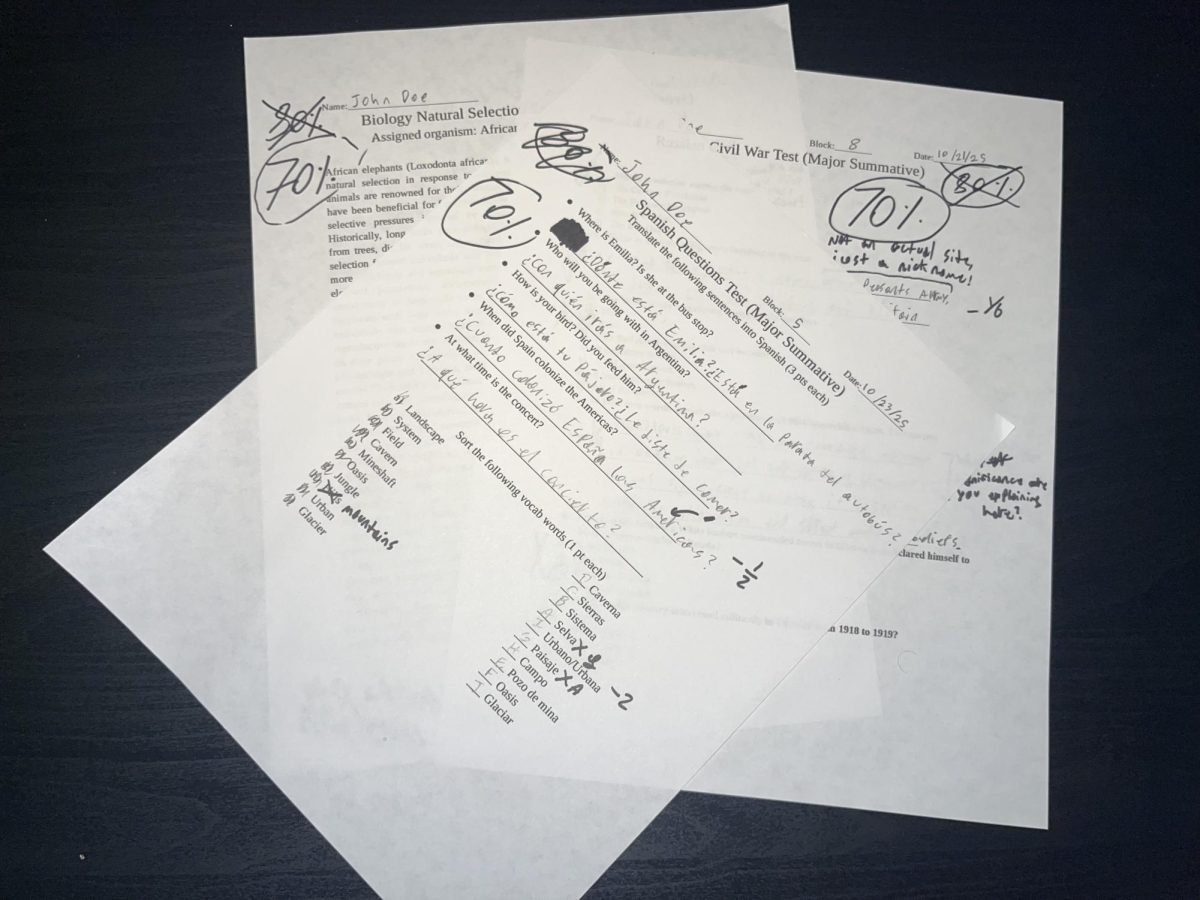





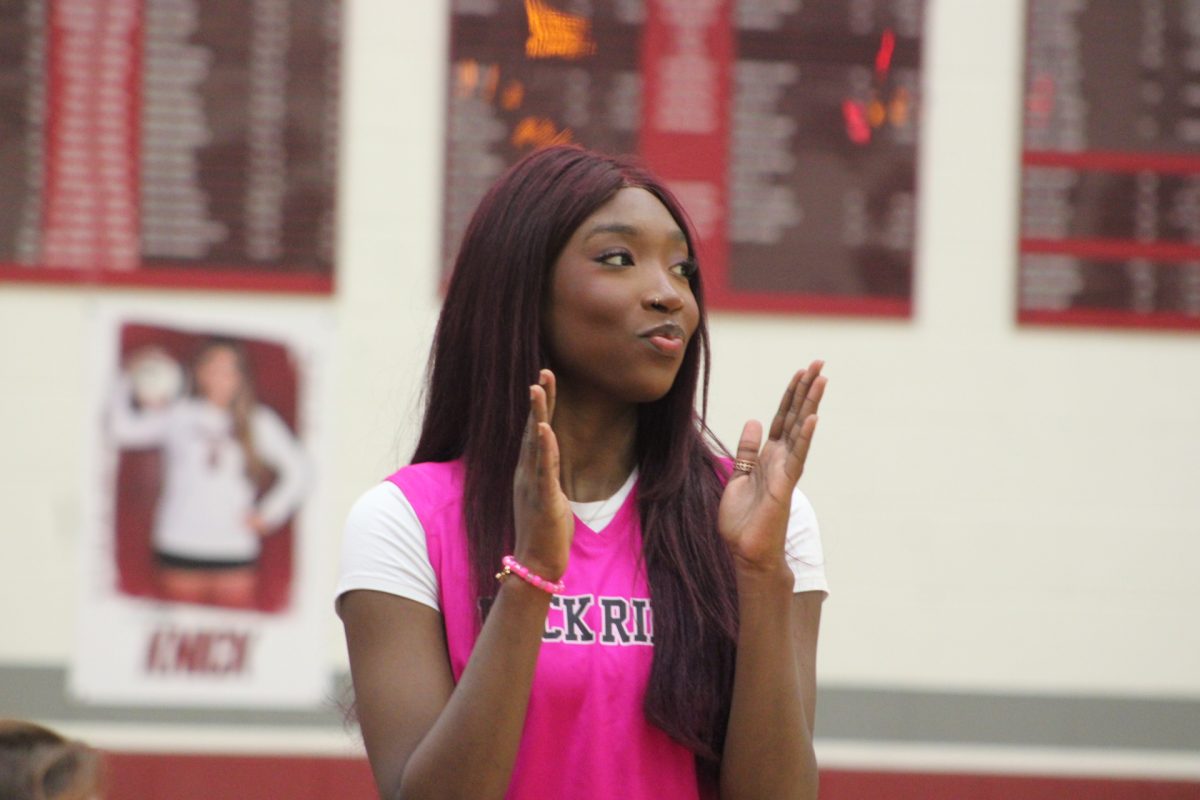
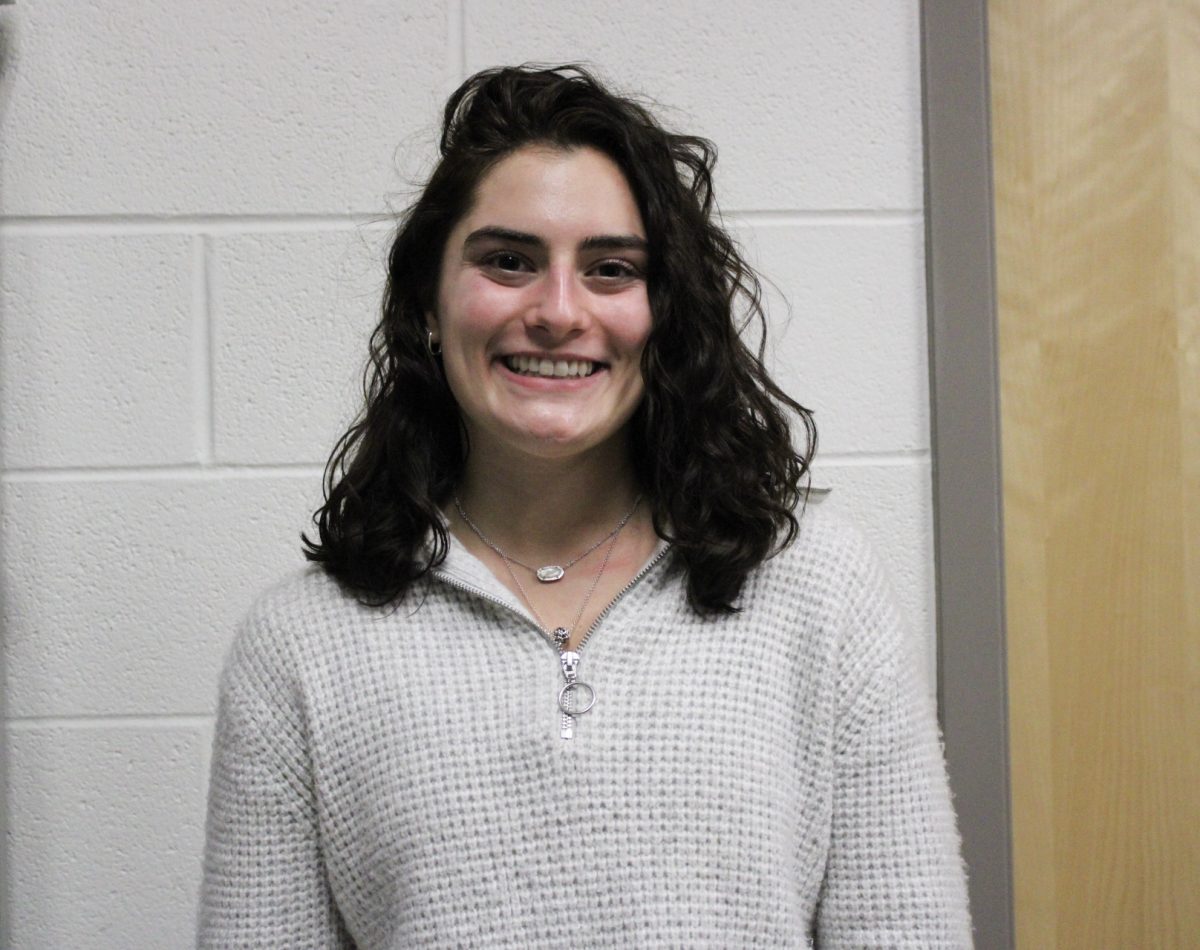






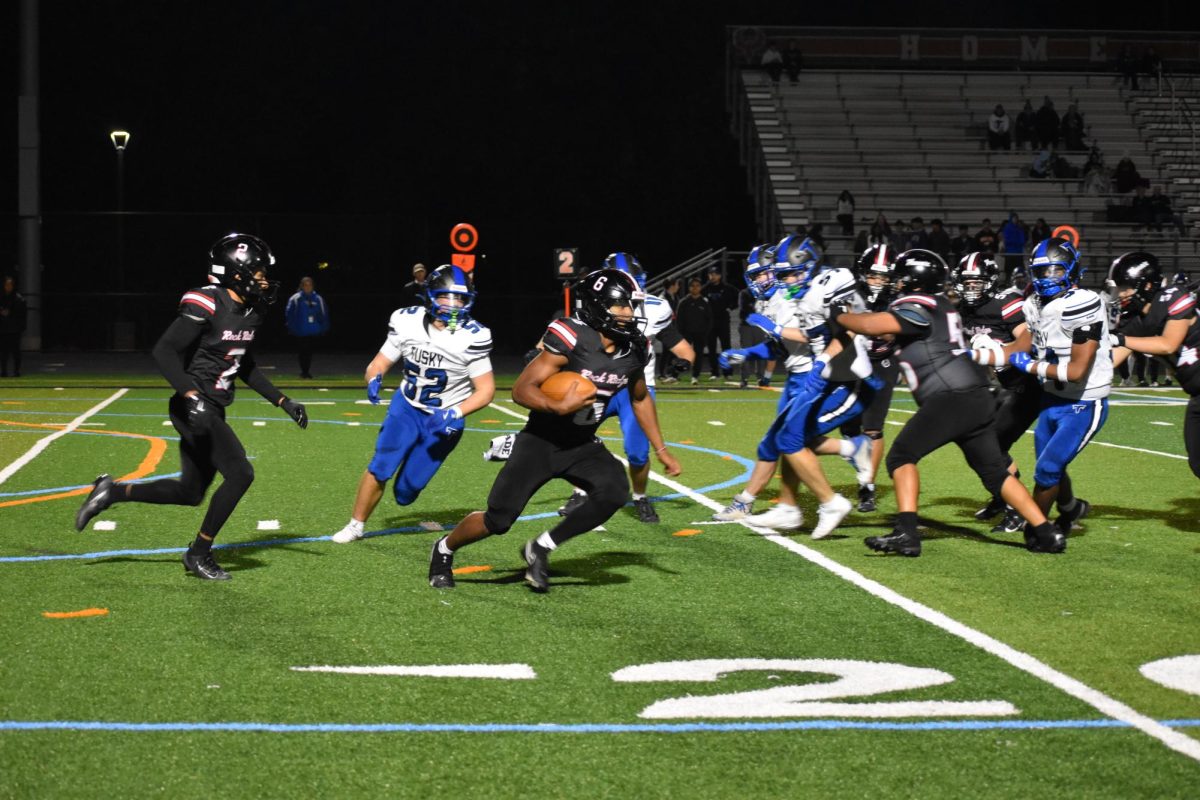








![The Phoenix varsity volleyball team lines up for the national anthem. “We were more communicative [with each other] during this game, and I feel like we kept our energy up, especially after the first set,” senior Jessica Valdov said.](https://theblazerrhs.com/wp-content/uploads/2024/10/DSC_0202-1200x800.jpg)










![Junior Alex Alkhal pitches the ball. “[I] just let it go and keep practicing so we can focus on our goal for the next game to get better as a team,” Alkhal said.](https://theblazerrhs.com/wp-content/uploads/2025/05/DSC_0013-1-1200x929.jpg)


